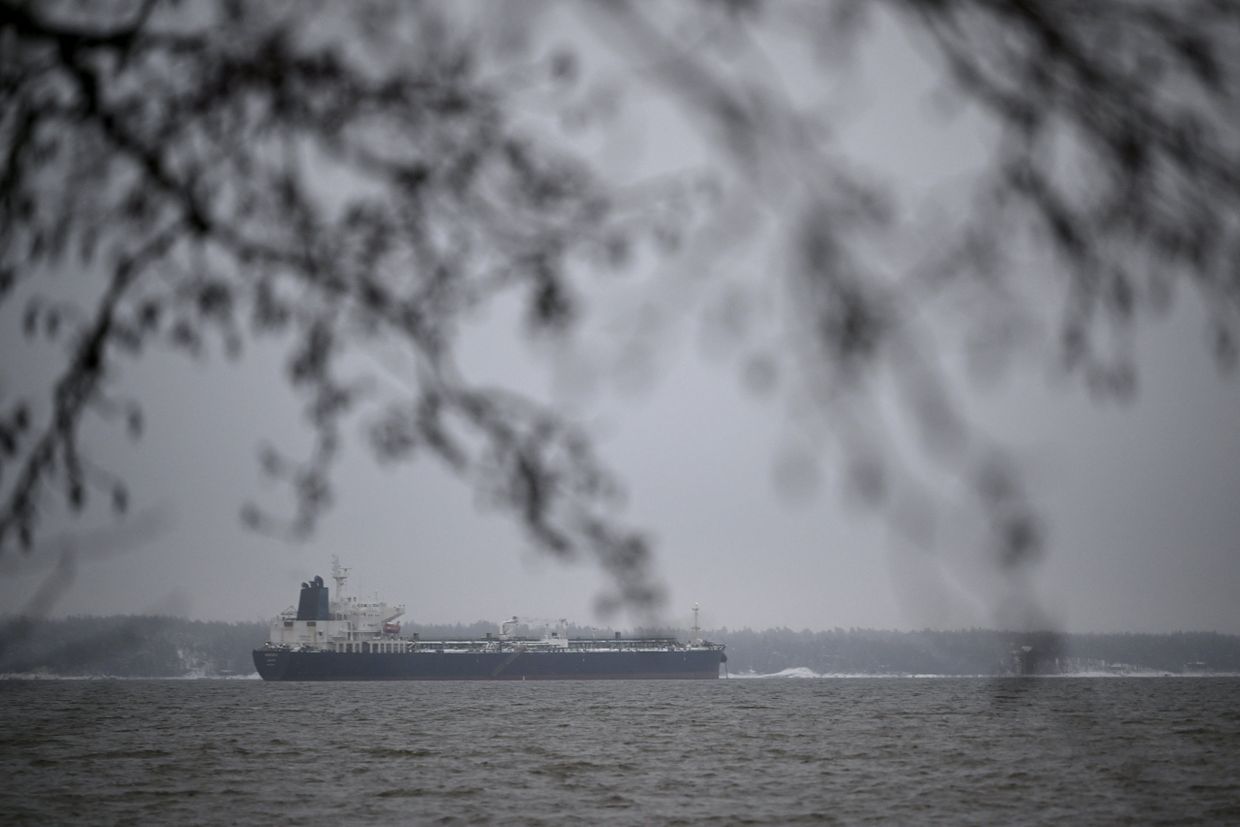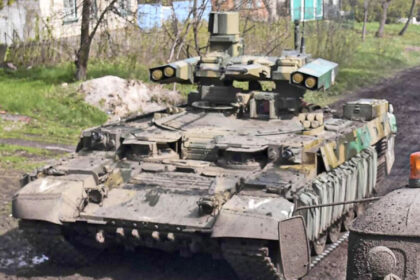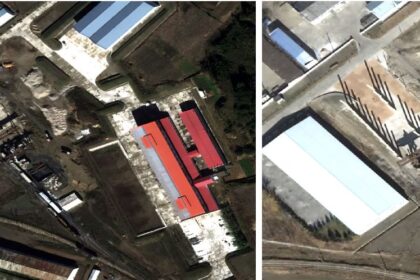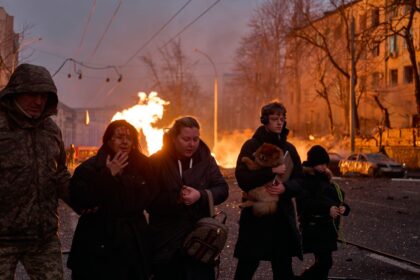**Estonia Detains Russian Shadow Fleet Oil Tanker in Baltic Sea**
In a significant move, the Estonian Navy has detained an oil tanker belonging to Russia’s so-called shadow fleet in the Gulf of Finland. The vessel, called Kiwala, was seized on April 11 while en route to the Russian port of Ust-Luga.
According to reports, the Kiwala lacks a flag state, meaning it is not authorized to sail in international waters. This marks Estonia’s first detention of a shadow fleet vessel. The Estonian authorities have stated that they are acting in a coordinated and targeted manner to protect their security and environment.
The tanker was previously sanctioned by the EU, UK, Canada, and Switzerland. It had 24 people on board, including a Chinese captain and crew members from Myanmar. The vessel will be detained until technical issues are resolved.
**What is Russia’s Shadow Fleet?**
Russia’s shadow fleet consists of aging tankers used to circumvent sanctions imposed by Western countries. These vessels are often reflagged in less reputable jurisdictions, disrupting Moscow’s oil export logistics.
The detention of the Kiwala highlights Estonia’s efforts to enforce international law and prevent Russian oil exports from reaching global markets. This move comes amid growing tensions between Russia and Ukraine, with Kyiv resisting Russia’s ongoing invasion.
**International Response**
The incident has sparked a reaction from the international community. Estonian Foreign Minister Margus Tsahkna said that his country is implementing its right to check suspected ships passing through Estonia’s exclusive economic zone.
Ukrainian officials have welcomed Estonia’s move, with President Volodymyr Zelensky saying that it demonstrates Ukraine’s allies’ commitment to enforcing sanctions against Russia. Meanwhile, the US and European countries are working together to strengthen air defenses for Ukraine, allocating millions of euros to support Kyiv.
**Background and Analysis**
The detention of the Kiwala is a significant development in the ongoing conflict between Russia and Ukraine. As tensions escalate, international cooperation and enforcement of sanctions become increasingly crucial.
This incident highlights Estonia’s commitment to upholding international law and preventing Russian oil exports from reaching global markets. The Estonian Navy’s action demonstrates that even small countries can make a significant impact on the global stage.
The detention also underscores the need for Russia to reflag its shadow fleet vessels, which have been used to circumvent sanctions. As Moscow faces growing pressure from Western powers, it may be forced to rethink its logistics and find alternative ways to export oil.
In conclusion, Estonia’s bold move to detain a Russian shadow fleet vessel sends a clear message that the international community is committed to enforcing sanctions against Russia. This incident marks an important step in the ongoing conflict between Russia and Ukraine, and it highlights the need for continued international cooperation and enforcement of global norms.












